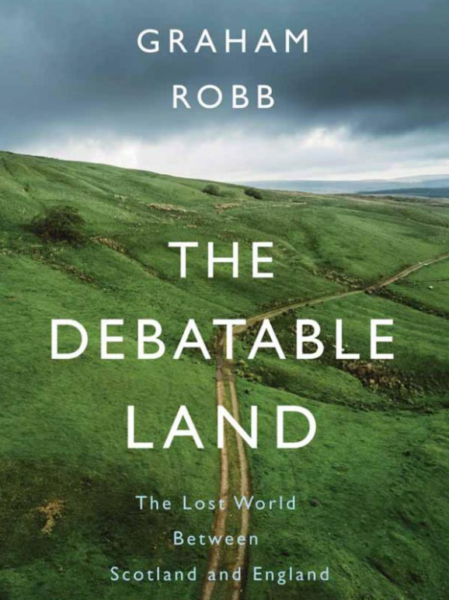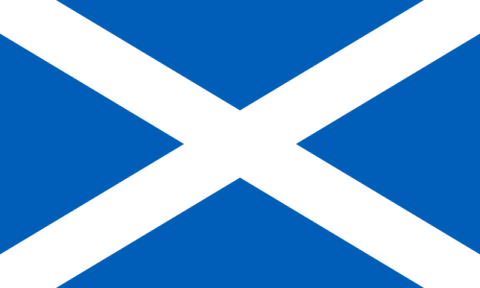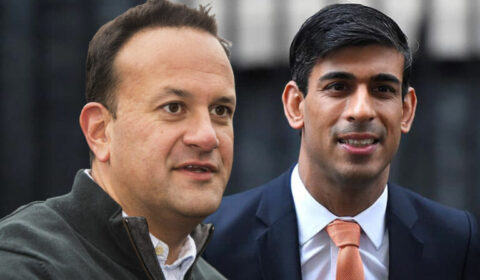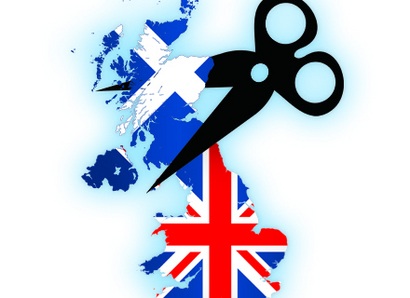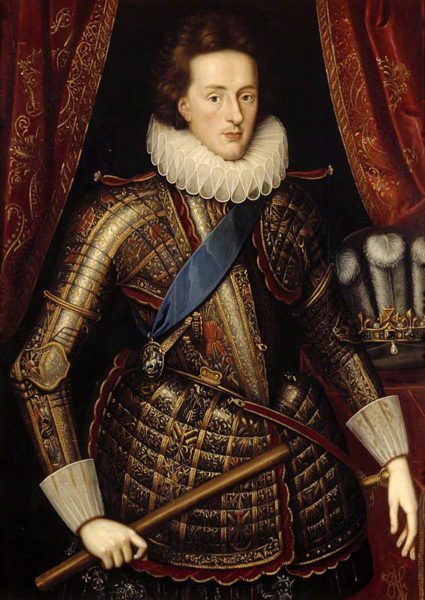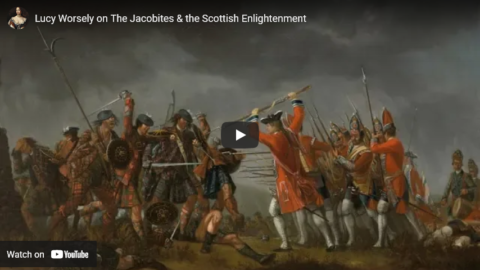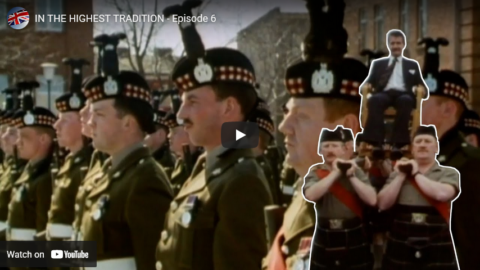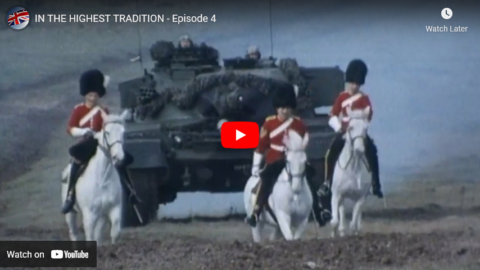In the visible portion of this post on the history of the Debatable Lands, Ed West considers the differences between national heartlands and the borders:
Border regions tend to be different, something I thought about during the summer before Brexit when we underwent a mammoth trip across five of those six countries (we never got around to Luxembourg, for which apologies). The journey from Alsace to Baden-Württemberg, or Liguria to Provence, brings home how nationality is often a matter of gradations and unnatural boundaries imposed on the whims of bureaucrats in distant capitals – often more alien than supposed foreigners across the border.
But once you leave that tunnel, things are different; there is no ambiguity between Calais and Dover, only ocean. You’re either in England or France. The same is not true of England’s northern frontier, Britain’s great zone of ambiguity, and in particular the area between Carlisle and Langholm which has historically been known as the “Debatable Land” – the subject of Graham Robb’s book.
Robb, an Anglo-Scot who mostly writes about France, moved back to this part of Britain in the 2010s, and describes it with his characteristic style of history, personal narrative and social commentary.
The border people are a unique subset of the English nation, being the last to undergo the pacification of government. Until the Union of Crowns in 1603, the region’s unusual position outside the orbit of either London and Edinburgh helped create a culture that was clannish and marked by violent feuds and cattle rustling.
Among the notorious Borderer clans were the Scotts, Burns and Irvines north of the border, and Fenwicks, Millburns, Charltons and Musgraves on the English side, while some could be found on both, among them the Halls, Nixons and Grahams. Many of these clans were outlaws and some were lawmen; others were both or either, depending on circumstances.
This proto-Wild West produced many characters, and among the famous border reivers of legend were men such as Archie Fire-the-Braes, Buggerback, Davy the Lady, Jok Pott the Bastard, Wynkyng Will, Nebless [noseless] Clem, Fingerless Well and Dog Dyntle [penis] Elliot.
“Debatable Land” most likely comes from batten, common land where livestock could be pastured, and it was this pastoral economy which shaped their psychology: the importance of honour, and a reputation for violence and revenge, as a deterrent against predators.
Violence was so common on the border that there sprung a tradition whereby truces were arranged in return for “blackmail”, a tribute to border chiefs, from the Middle English male, tribute; only in the nineteenth century did this come to mean any sort of extortion.
Another of the Borderers’ contributions to our language is “bereaved”, which is how you felt after the reivers had raided your land (it usually meant to have lost property rather than a loved one). Other local terms were less successful in spreading, such as “scumfishing”, which meant “surrounding a pele tower with a smouldering heap of damp straw and smoking out its inhabitants”, as Robb put it.
Border folk relied heavily on the protection of their clan, and so “for a reiver, the greatest disgrace was not excommunication but ostracism: if a man failed to keep his word, one of his gloves or a picture of his face was stuck on the end of a spear or a sword and paraded around at public meetings. This ‘bauchling’ was considered a punishment worse than death.”
Both the kings of England and Scotland regarded them as a nuisance. In 1525, the Archbishop of Glasgow excommunicated the reivers en masse; Parliamentary decrees issued by authorities in England and Scotland between 1537 and 1551 stated that “all Englishmen and Scottishmen are and shall be free to rob, burn, spoil, slay, murder and destroy, all and every such person and persons, their bodies, property, goods and livestock … without any redress to be made for same”.
In the 1580s the border area remained “verie ticklie and dangerous”. One adviser even urged Elizabeth I to build another Roman wall because he believed the “Romaynes” had built theirs to defend themselves “from the dayly and daungereous incurtyons of the valyaunte barbarous Scottyshe nation”.

